Fifa World Cup 2026 expansion: for the global game or for Fifa’s greed?
The men’s tournament co-hosted by Canada, Mexico and the USA will have a record 104 matches
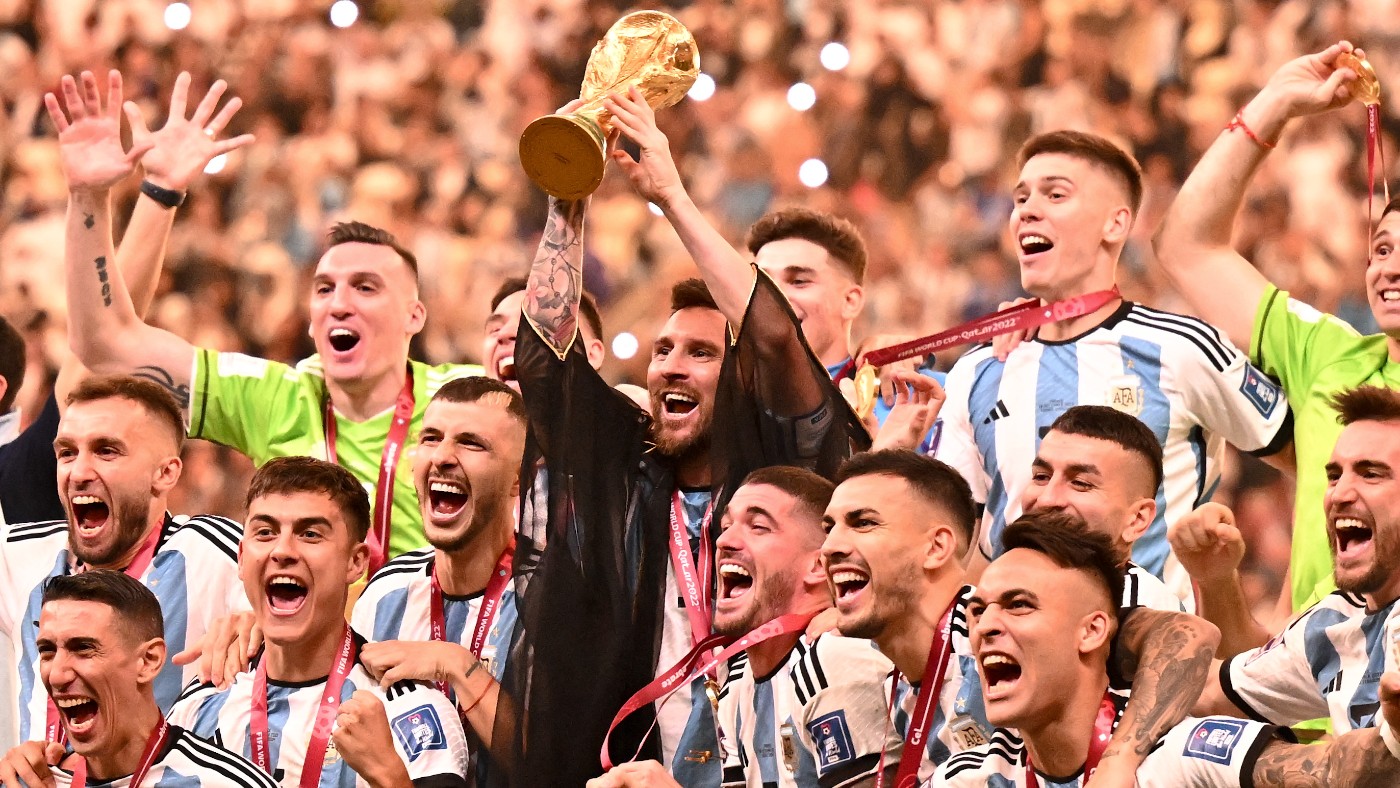
A free daily email with the biggest news stories of the day – and the best features from TheWeek.com
You are now subscribed
Your newsletter sign-up was successful
Football’s global governing body Fifa has confirmed that the next men’s World Cup in 2026 will be expanded from 32 teams to 48 and have a new round of a last-32 knockout stage. Co-hosted by Canada, Mexico and the USA, the tournament will feature 12 groups of four in the opening round and in total there will be a staggering 104 matches – up from the 64 played in Qatar last year.
The date for the 2026 World Cup final has been set as Sunday 19 July by the Fifa Council and the increase in competing nations means that the finalists will play eight games from the group stage through to the showpiece fixture, rather than the seven played by winners Argentina and runners-up France in 2022.
Groups of three ‘lose the excitement’
It had been proposed that the 2026 event would have an opening-stage format of 16 groups of three. However, the “excitement” generated by the “traditional” format used in Qatar has “helped to convince the Fifa Council to stick with four-team groups”, said Kaveh Solhekol, chief reporter of Sky Sports News.
The Week
Escape your echo chamber. Get the facts behind the news, plus analysis from multiple perspectives.

Sign up for The Week's Free Newsletters
From our morning news briefing to a weekly Good News Newsletter, get the best of The Week delivered directly to your inbox.
From our morning news briefing to a weekly Good News Newsletter, get the best of The Week delivered directly to your inbox.
At a council meeting in Kigali, Rwanda, ahead of the annual congress later this week, Fifa said the decision to amend the proposed group stage format was “based on a thorough review” that considered “sporting integrity, player welfare, team travel, commercial and sporting attractiveness, as well as team and fan experience”.
Three-team groups “lose the excitement” of simultaneous games in the final round of matches, said Chris Burton on Goal. That format has also “created controversy in the past – most notably at the 1982 World Cup”, as sides can “collaborate to ensure that they both progress to the knockout stages”. With 12 groups of four now confirmed, it means that the eight best third-placed teams will join the top two in the final 32.
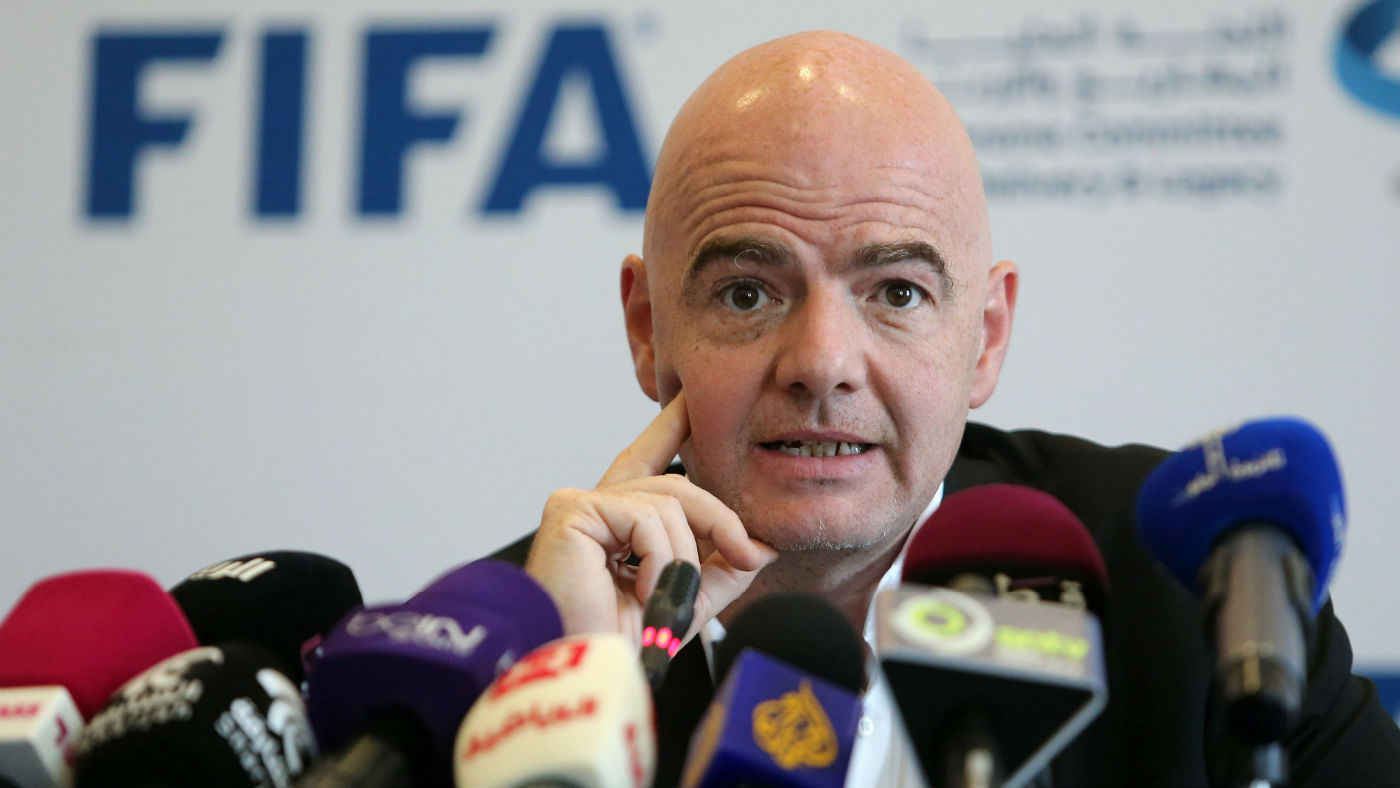
‘Dollar signs spinning round their eyes’
The “good news” is that of the two “utterly dreadful” options available, Fifa has picked the “very slightly less utterly dreadful option”, said Dave Tickner on Football365. There was “no good option” available because of those 48 teams. Once Fifa’s “top brass” had decided to expand the tournament – with “dollar signs spinning round their eyes” and also with “absolutely no regard for the wellbeing or quality of the sport they occasionally profess to love” – it was “already doomed”.
With “more, more, more”, this “greedy expansion” of the World Cup is the “last thing football needs”, said Miguel Delaney in The Independent. A “bloated” World Cup in 2026 shows why football “desperately needs an independent regulator to do Fifa’s job of caring for the global game”.
A free daily email with the biggest news stories of the day – and the best features from TheWeek.com
For starters, the change will “add about 1.5 million more tickets” and “more money can be demanded from rights holders and ‘partners’”, said Tony Harper on The Roar. From the “sublime” to the “ridiculous”, this “money-grabbing move” could “destroy the greatest show on earth”.
What they had was ‘perfect’
Fifa president Gianni Infantino has “already started with the inevitable and disingenuous guff” about this being “designed to grow the global game” rather than “cheap, grubby coin”, Tickner added on Football365. But he’s fooling nobody. This is “a disaster”. In 2017 Infantino stated that “we are in the 21st century, and we should shape the World Cup for the 21st century.” Football is “more than Europe and South America; football is global.”
Frankly, this is “absolute bollocks” – “intelligence-insulting bollocks at that”, said Tickner. What they had was “perfect” and what we have now is “a mess – a long, dull mess”.
Mike Starling is the former digital features editor at The Week. He started his career in 2001 in Gloucestershire as a sports reporter and sub-editor and has held various roles as a writer and editor at news, travel and B2B publications. He has spoken at a number of sports business conferences and also worked as a consultant creating sports travel content for tourism boards. International experience includes spells living and working in Dubai, UAE; Brisbane, Australia; and Beirut, Lebanon.
-
 How the FCC’s ‘equal time’ rule works
How the FCC’s ‘equal time’ rule worksIn the Spotlight The law is at the heart of the Colbert-CBS conflict
-
 What is the endgame in the DHS shutdown?
What is the endgame in the DHS shutdown?Today’s Big Question Democrats want to rein in ICE’s immigration crackdown
-
 ‘Poor time management isn’t just an inconvenience’
‘Poor time management isn’t just an inconvenience’Instant Opinion Opinion, comment and editorials of the day
-
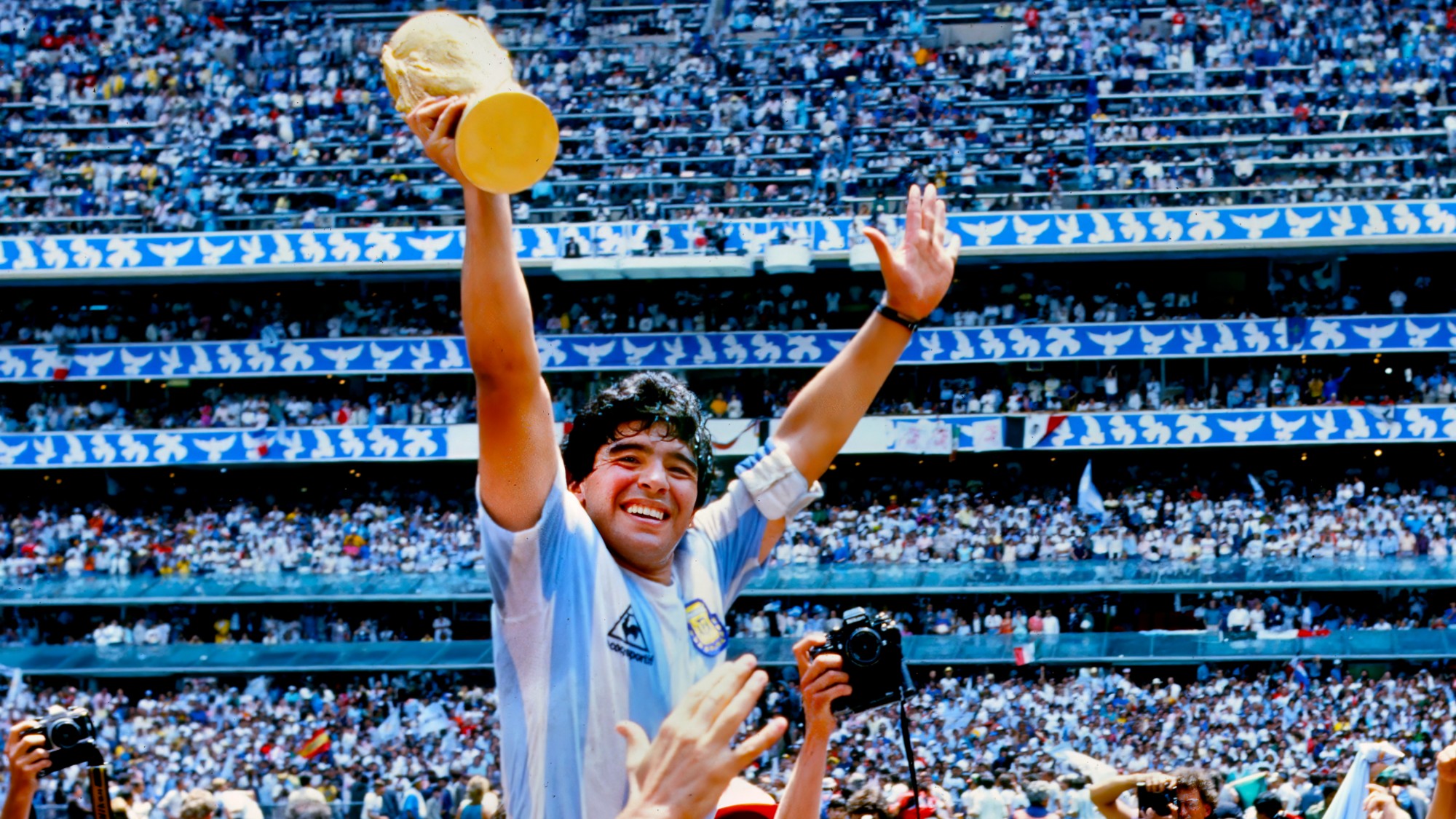 Five years after his death, Diego Maradona’s family demand justice
Five years after his death, Diego Maradona’s family demand justiceIn the Spotlight Argentine football legend’s medical team accused of negligent homicide and will stand trial – again – next year
-
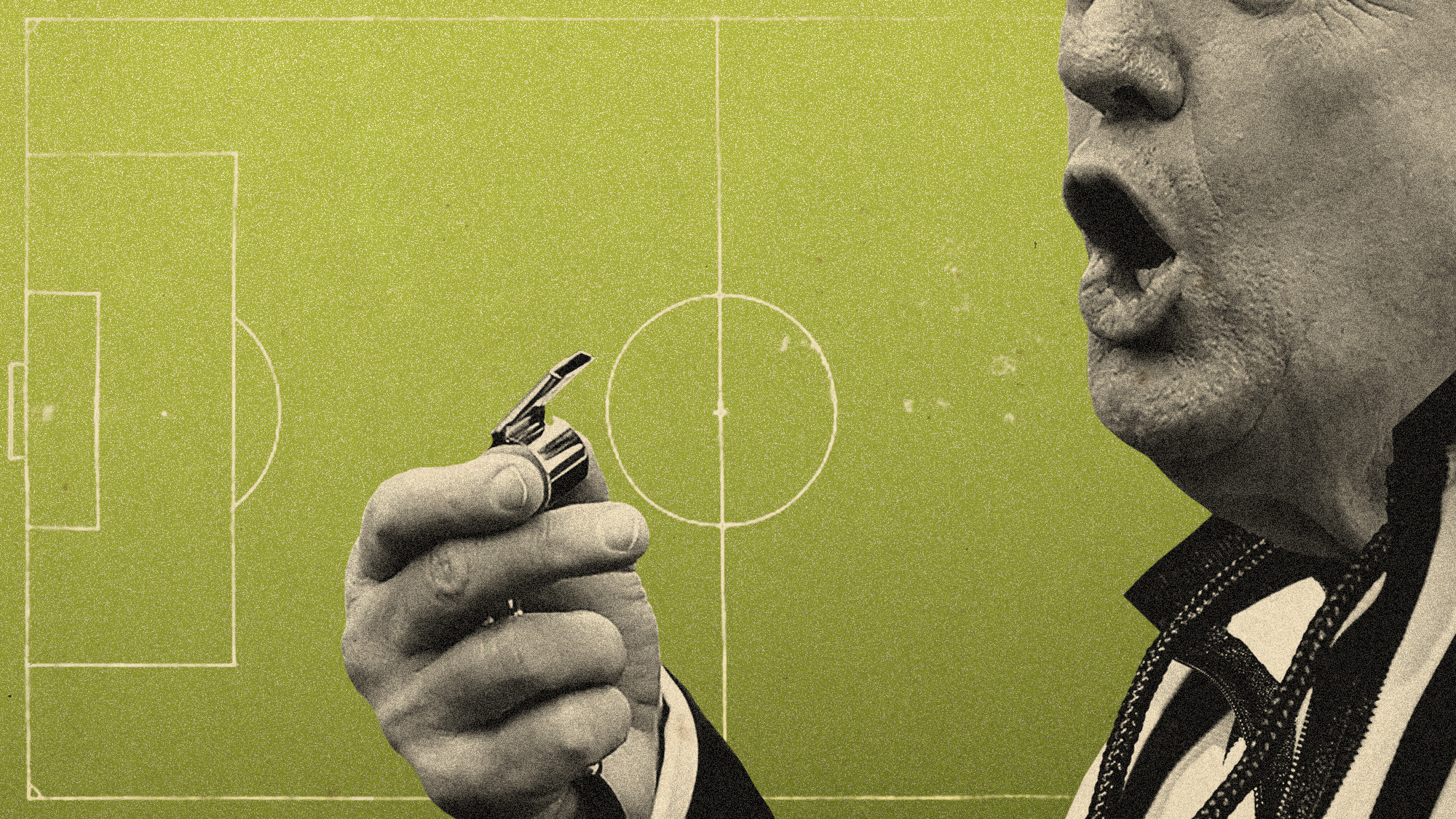 Will 2026 be the Trump World Cup?
Will 2026 be the Trump World Cup?In the Spotlight US president already using the world’s most popular football tournament to score political points
-
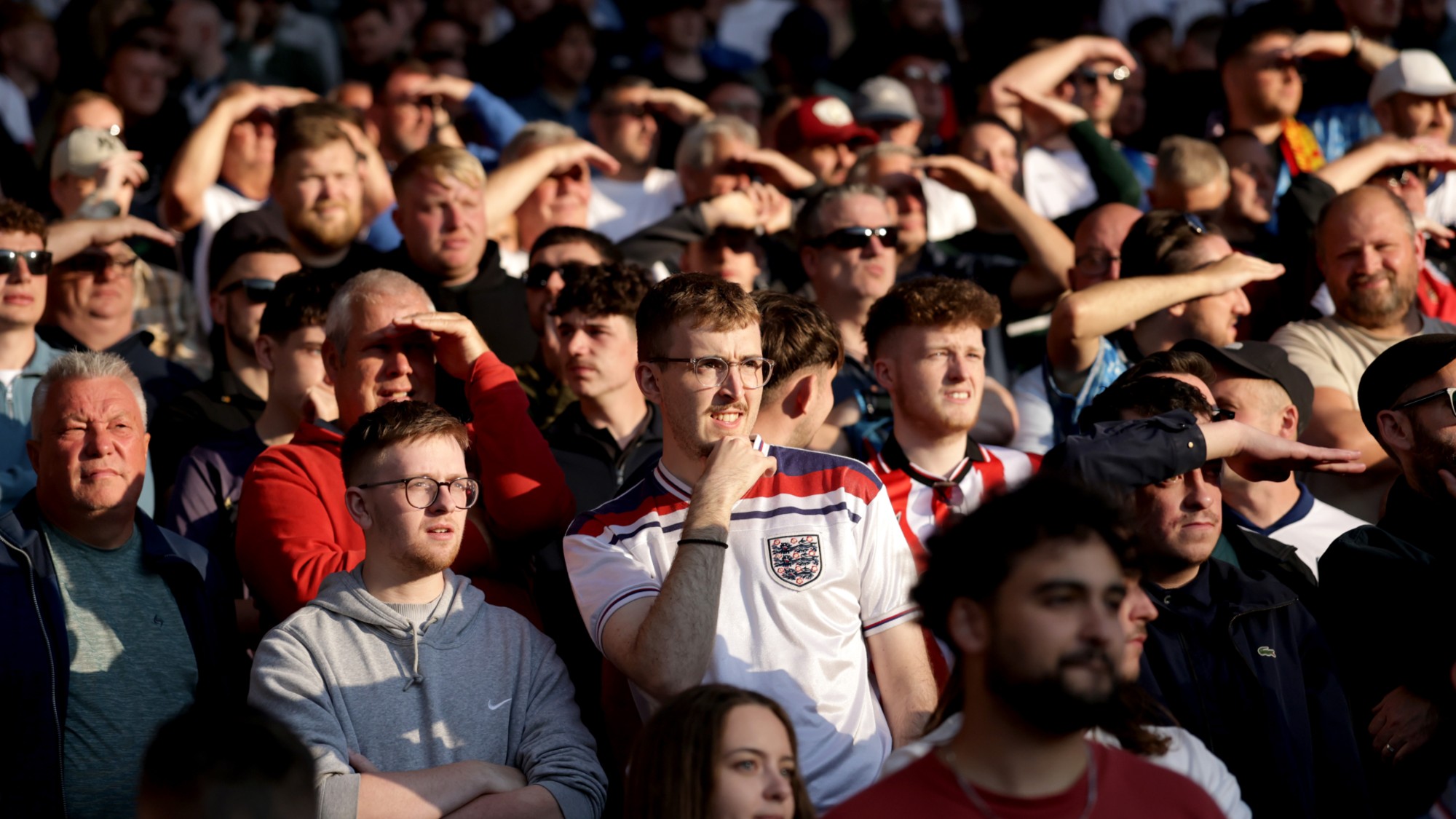 World Cup 2026: uncertainty reigns with one year to go
World Cup 2026: uncertainty reigns with one year to goIn the Spotlight US-hosted Fifa tournament has to navigate Trump's travel bans, logistical headaches and an exhausting expanded format
-
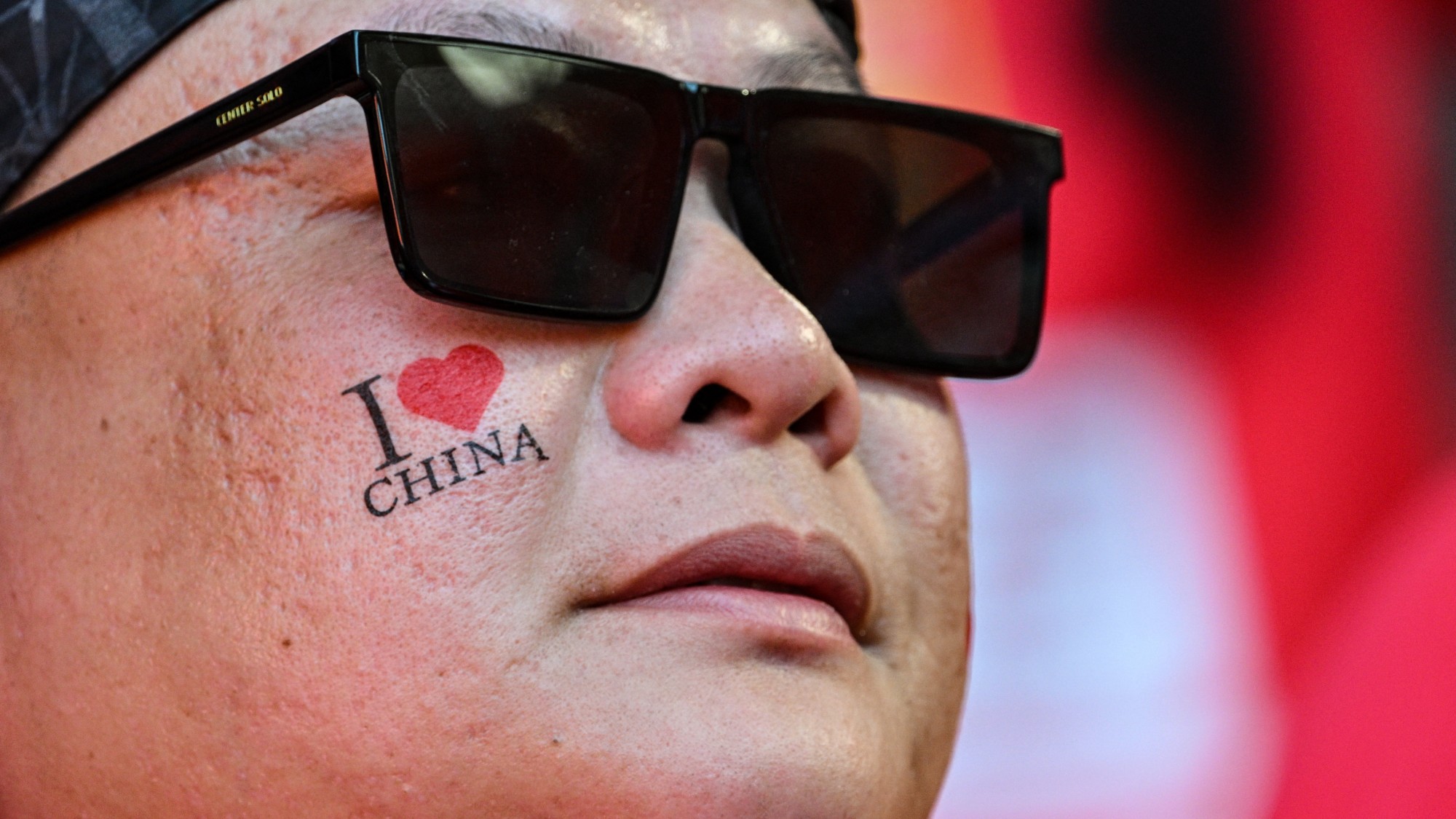 China's football crisis: what's happened to Xi's XI?
China's football crisis: what's happened to Xi's XI?In The Spotlight String of defeats and finishing bottom of World Cup qualifying group comes a decade after Xi Jinping launched a football crusade
-
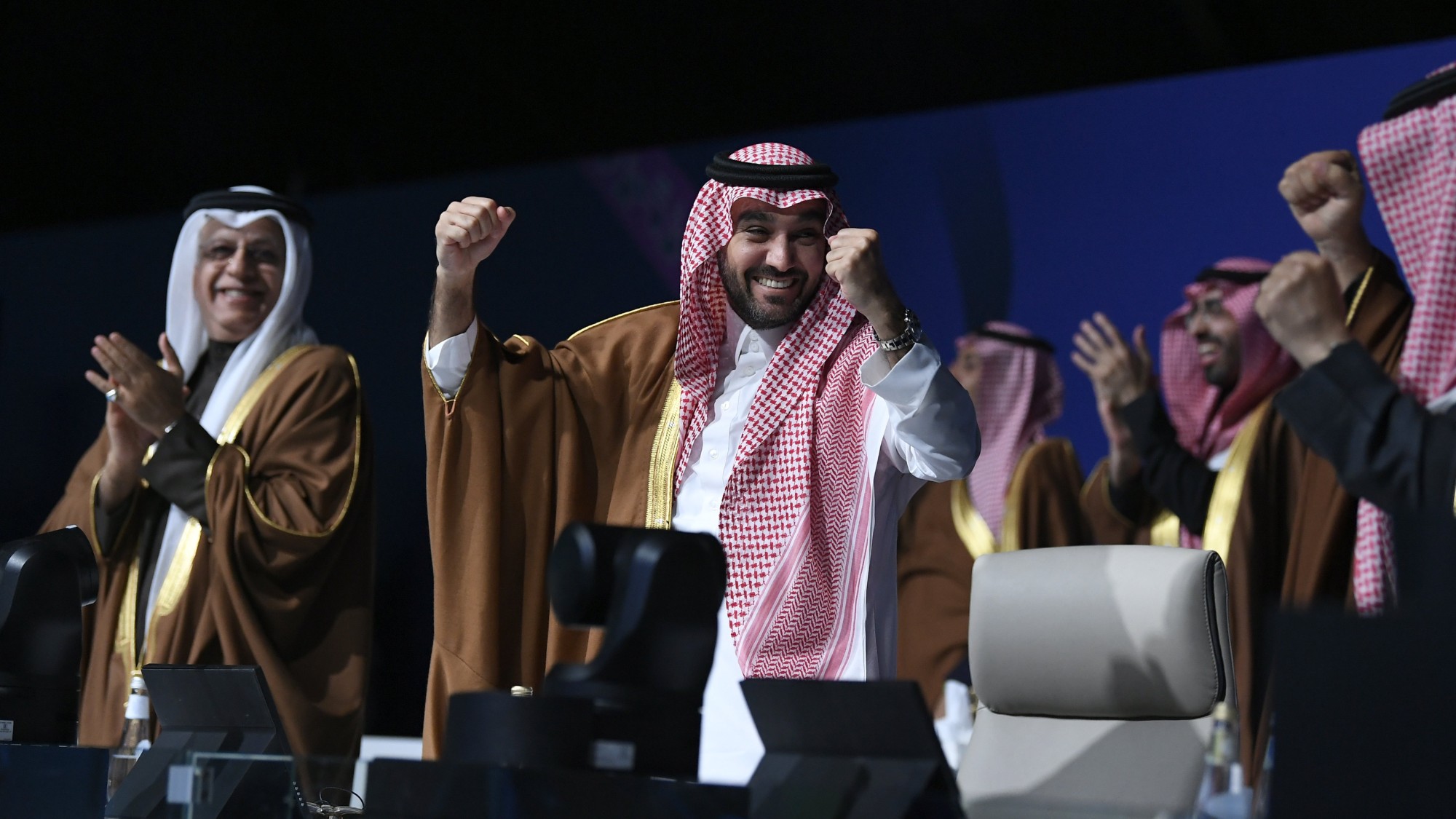 Saudi Arabia World Cup: have lessons been learned from Qatar?
Saudi Arabia World Cup: have lessons been learned from Qatar?Today's Big Question Human rights groups fear a repeat of issues at the 2022 tournament
-
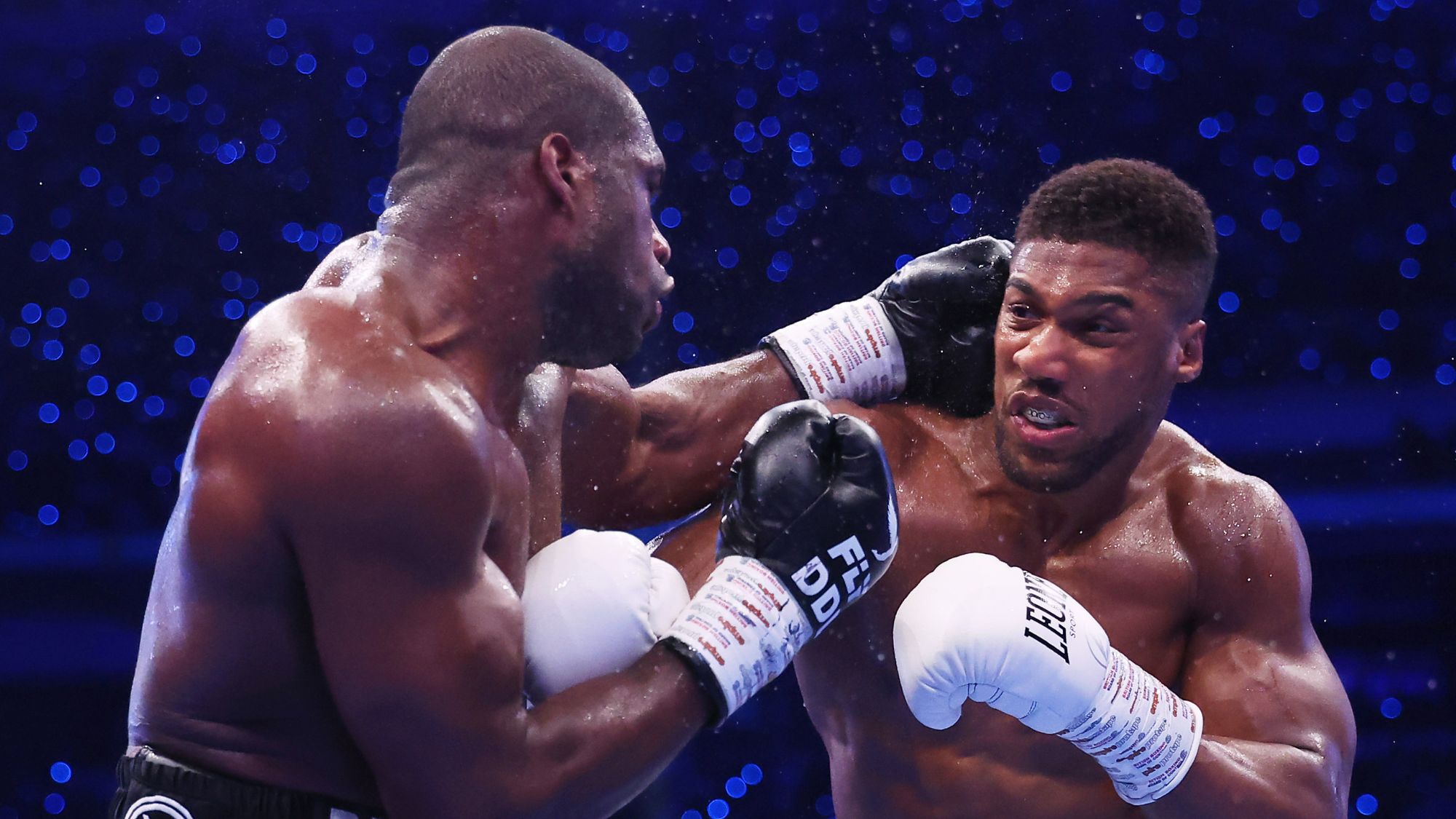 Is it time for Anthony Joshua to retire?
Is it time for Anthony Joshua to retire?After his latest brutal defeat, British boxing's 'poster boy' has a difficult choice to make
-
 Raygun: heir to Eddie the Eagle?
Raygun: heir to Eddie the Eagle?Talking Point Australian Olympic breakdancer Rachael Gunn has become 'a worldwide meme'
-
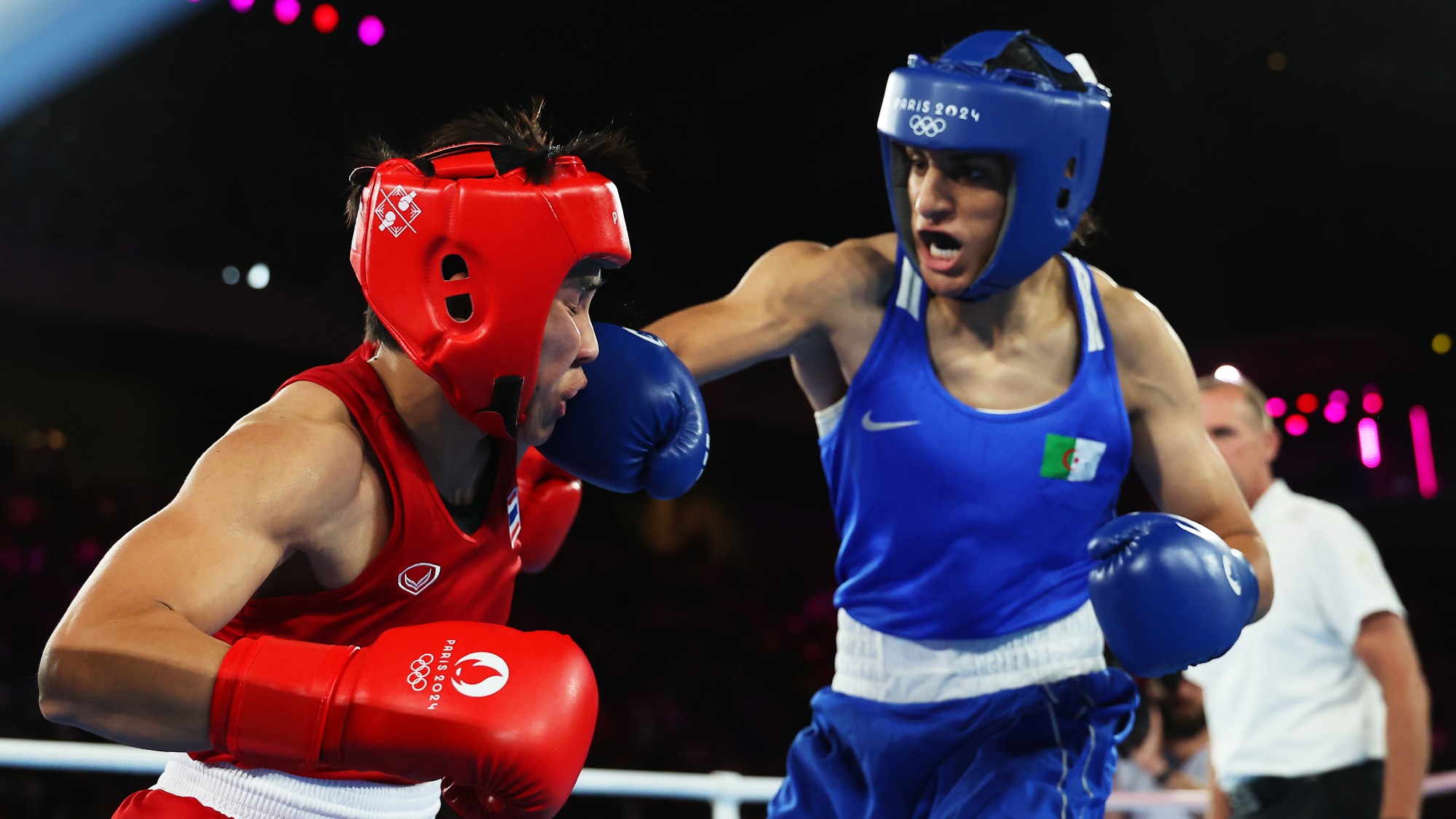 Boxing at the Olympics: the row over sexual differences
Boxing at the Olympics: the row over sexual differencesTalking Point Controversy over Imane Khelif and Lin Yu-ting shines a spotlight on the murky world of gender testing – and the IOC's inaction